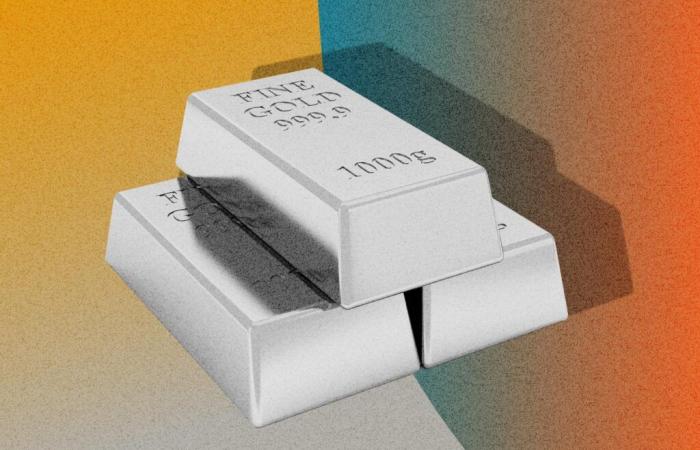LThe family of a deceased person can demand that the deceased be cremated with or without their jewelry, as recalled in the following case: on February 10, 2019, Mme X dies, leaving behind his nephew, Mr. Y, who lives in Germany.
When the funeral company Cap Santé contacted him and offered to organize the funeral, he asked them to advise him. She does not explain to him that he must choose either to have his aunt's jewelry removed before burial, or to leave them for cremation.
He signs the order form which authorizes the closing of the coffin, after specifying that he will not arrive in time to attend. At the end of the cremation, when he asks for his aunt's personal effects, he learns that the latter was cremated with her jewelry (wedding ring, ring adorned with a sapphire and diamonds, solitaire that she intended to offer to his great-niece).
Read also: Article reserved for our subscribers The “standard” coffin and the overweight deceased
Read later
He took legal action, citing a lack of advice from Cap Santé. The Rennes Court of Appeal ruled in his favor on January 19. She orders Cap Santé to pay her 6,000 euros in damages. Could he have requested the return of the jewelry after the cremation? The Constitutional Council responded in the negative on January 18, after being referred to a priority question of constitutionality by the company Europe Métal Concept.
100 euros per body
Louis Piazza, the president of this company, considers that the money from the recovery of metal waste from the human body (gold teeth, titanium or palladium prostheses, copper IUDs) as well as any jewelry should go to the families of the deceased, and not to crematoriums. “This is what caused me to be excluded from the market, in favor of the Dutch company OrthoMetals”he explains to Monde.
Since 2010, these two companies have been responsible – without legal supervision – for recovering metals and recovering them. This valuation is “insufficiently” estimatede at 2 million euros per year, according to Me Jean-Baptiste Berlottier-Merle, lawyer for Europe Métal Concept, before the Constitutional Council, January 9 (video). “We find on average 4 to 5 grams of gold per body, and other very valuable rare metals”he said, so that the estimate “by body est closer to 100 to 200 euros » what “from 5 to 10 euros”.
Read also | Article reserved for our subscribers Toussaint: in the cemetery, who is responsible in the event of falling into an empty grave?
Read later
Recycling companies sell the metals they have processed, then donate a certain percentage to the crematoriums (« 80 % »selon M. Piazza): a “lucrative and opaque business”pour 60 million consumers, who, in 2019, demanded more transparency on the use of the money collected.
You have 47.91% of this article left to read. The rest is reserved for subscribers.






